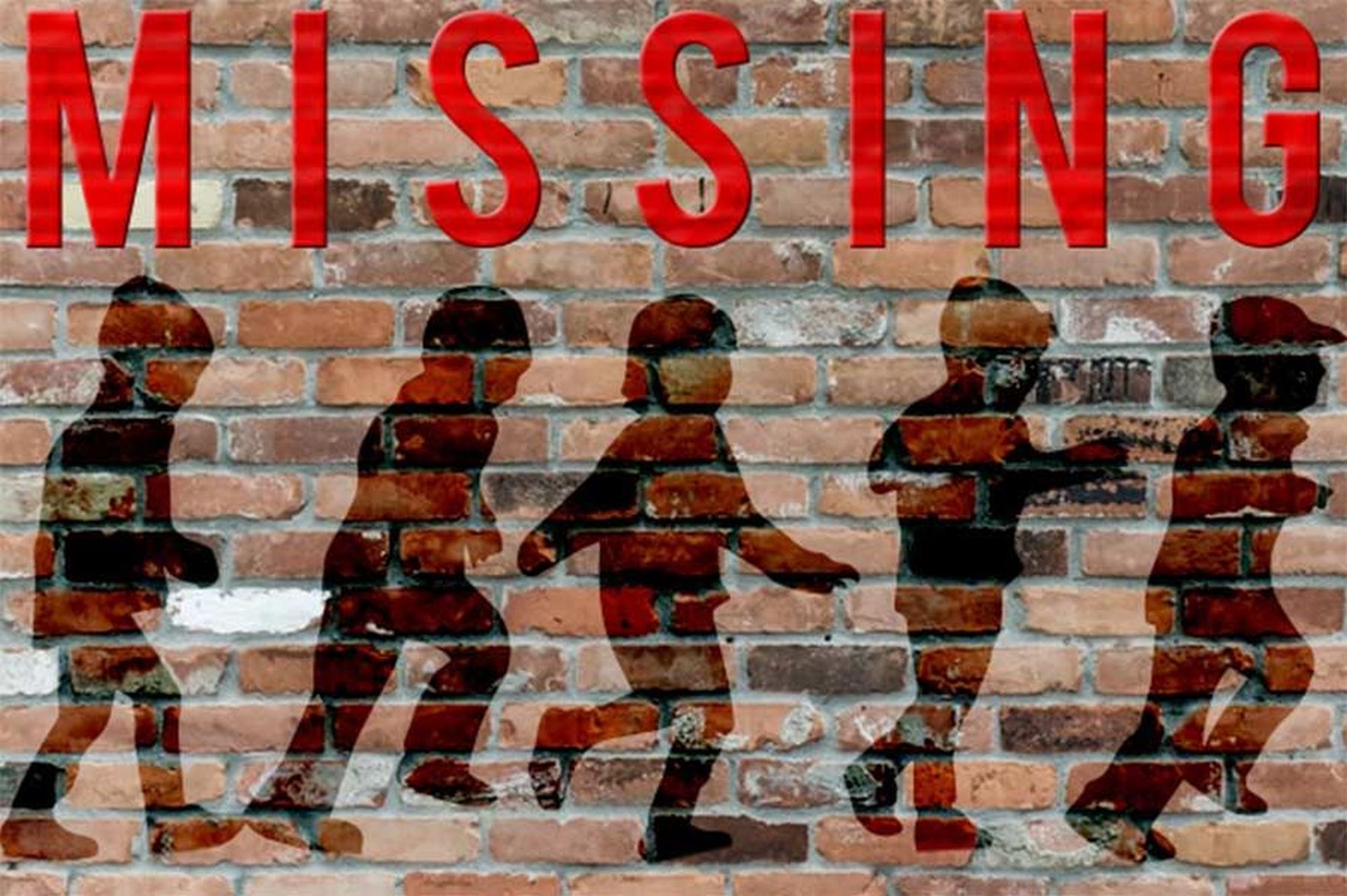Brazil’s Ministry of Justice and Public Security (MJSP) signed a technical cooperation agreement with the company Meta, owner of the digital platforms Facebook, Instagram, Threads, and WhatsApp, to find missing persons, Agência Brasil reported.
Under the agreement, emergency alerts will be issued for the disappearance of children and adolescents up to the age of 18, on Facebook and Instagram, with data and photos of the missing person, within a radius of 160 kilometers from the location of the disappearance, it was explained.
From January to July this year alone, 42,272 people disappeared in Brazil, which results in an average of 199 missing persons per day. However, in the same period, 26,296 people were located. That’s an average of 124 people a day whose whereabouts have been identified.
The initiative is part of the Search for Missing Persons project, launched in Brasilia by the MJSP marking the August 30 International Day of Missing Persons.
The new policy is divided into three axes: data consolidation, with the establishment of a flow of information on the registration of disappearances and national classification, between the local level and the Cyber Operations Laboratory/MJSP; the definition of protocols and manuals on the subject; and partnerships with digital platforms to disseminate information on disappearances.
Minister of Justice and Public Security Flávio Dino said that the project will serve to nationalize searches for missing persons, under the coordination of the Ministry. “There is already specific coordination at Senasp [the National Secretariat for Public Security] on missing persons. And now we are equipping this coordination with the conditions to effectively work together with the states. And our contribution, which is not local, of course, but national, is basically to disseminate information.”
In Brazil, the Amber Alerts tool will post emergency alerts about the disappearance of children and adolescents up to the age of 18 on Facebook and Instagram, including data and photos of the missing person, information about the clothes they were wearing when they were last seen, and data about the vehicle allegedly involved in cases of abduction or kidnapping.
The publication on the two social networks will be directed to a radius of 160 kilometers from the place of disappearance or the residence of the child or adolescent.
Since 1990, this technology, first introduced in the United States, has been tested in 30 countries and its use has resulted in over 1,200 children found, according to Meta’s Global Director of Responsibility and Safety, Emily Vacher. “I hope that in the future we can expand this program not only to WhatsApp but to the new Treads platform, which is a very important way of sharing information. Especially since WhatsApp is so important here in Brazil,” Vacher pointed out.
“There will be a flow in which the state police stations will communicate to Senasp, in this case to the Cybercrime Laboratory, and then we will communicate to Meta, and the company will use its technological tools to post this information,” Dino also explained.
In the initial phase, only the Federal District and the states of Ceará and Minas Gerais will be part of the program to issue alerts by Meta. National Public Security Secretary Tadeu Alencar said the choice of the three states was because “these states already have minimally structured policies for dealing with missing persons, and have been willing to provide the technological, personnel and logistical instruments that are important for the initial structuring of this project.”
Dino foresees that, after confirming the success of the policy in these three states, the program will be rolled out to the rest of the country from January 2024, depending on the voluntary adherence of State governments.
“I believe that all the states will take part because it is obviously a very efficient tool for disseminating information,” he said.
Dino said that there had been an improvement in dialogue between April and August with the companies that own the digital platforms, following the notifications made by the Ministry of Justice and Public Security in April of this year for the social networks to moderate and delete extremist content with threats of violence in Brazilian schools.
“We consider [dialog] to be a positive step in breaking down this tension and establishing a socially important partnership, thus opening up new paths, without prejudice to the ministry’s functions. If at some point there is a need to investigate conduct, we will do so. But we hope that partnerships similar to this one can take place quickly,” Dino went on.
Mercopress














